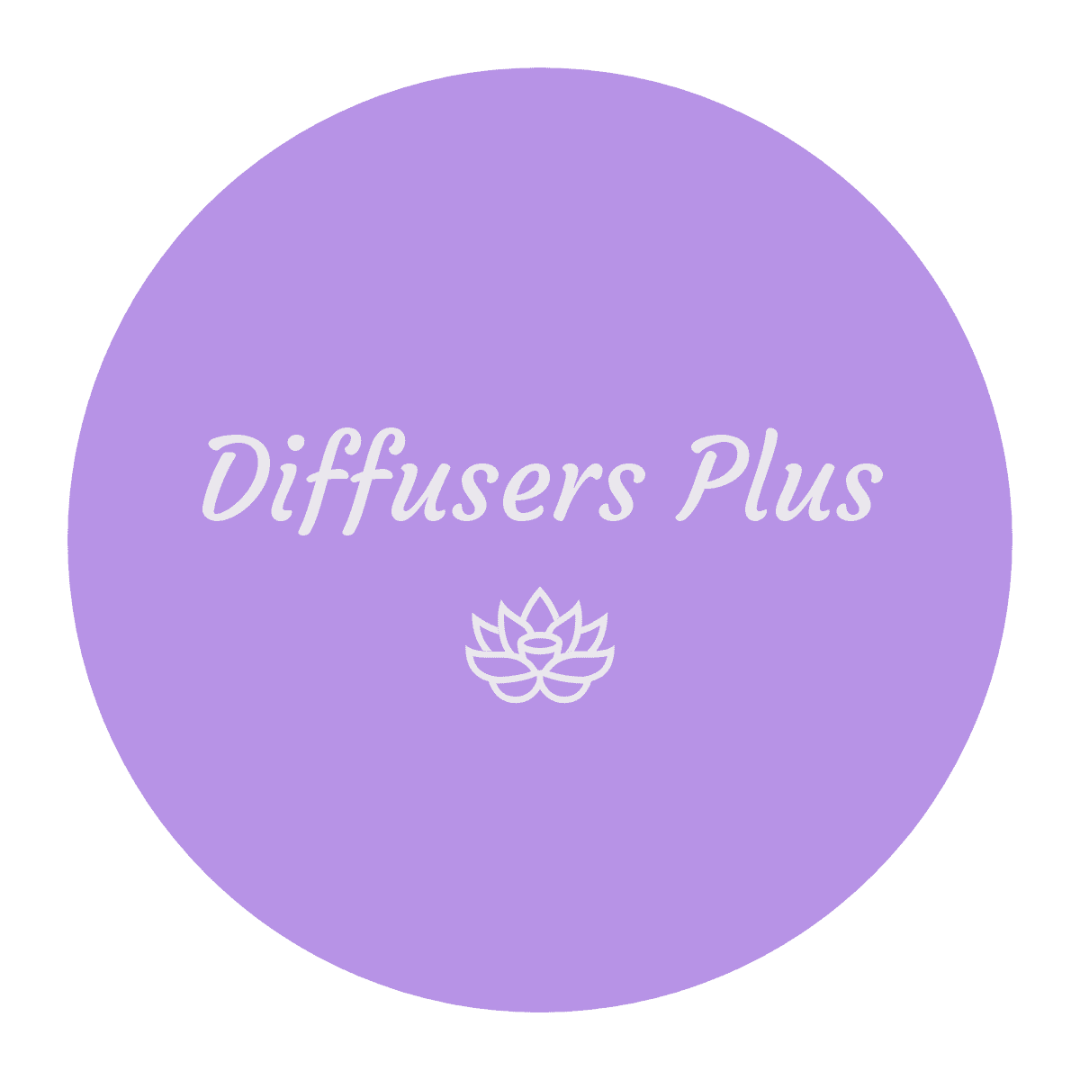The Best Safe Essential Oils for Dogs to Inhale Through Diffusers
As dog owners, we always want the best for our furry friends. Creating a calming and comfortable environment for them is essential, and one way to achieve this is through the use of essential oil diffusers. However, not all essential oils are safe for dogs, as some can be toxic and harmful to their health. Read below to to explore the best safe essential oils that you can use in diffusers to promote relaxation and well-being for your canine companions.
1. Lavender (Lavandula angustifolia):
Lavender essential oil is a popular choice for promoting relaxation and reducing stress in both humans and dogs. When inhaled through a diffuser, its soothing aroma can help to calm anxious dogs and ease nervousness during stressful situations, such as thunderstorms or fireworks. Lavender is generally considered safe for dogs, but as with any essential oil, it's essential to use it in moderation. Keep in mind that individual dogs may have varying sensitivities, so observe your pet's reactions and discontinue use if you notice any adverse effects.
2. Chamomile (Matricaria chamomilla):
Chamomile is another excellent essential oil that can be safely diffused for dogs. Known for its calming properties, chamomile can help alleviate anxiety and promote relaxation. It can be especially useful for dogs with separation anxiety or those prone to nervousness. When using chamomile essential oil, opt for Roman chamomile, as German chamomile can be more irritating to the skin and respiratory system.
3. Frankincense (Boswellia carterii):
Frankincense is an ancient essential oil known for its grounding and soothing effects. When diffused, it can create a serene atmosphere for both you and your dog. Frankincense is generally safe for dogs, but always ensure that you are using a high-quality, pure essential oil. Additionally, consult your veterinarian if your dog has any underlying health conditions or is pregnant.
4. Ylang Ylang (Cananga odorata):
Ylang Ylang essential oil has a sweet and floral scent that can help reduce stress and anxiety in dogs. It's often used to promote relaxation and improve mood. When diffusing ylang-ylang, use only a small amount, as its intense aroma can be overwhelming if overused. As always, closely monitor your dog's response and discontinue use if any adverse reactions occur.
5. Cedarwood (Juniperus virginiana):
Cedarwood essential oil has a warm, woody aroma that can be comforting and grounding for dogs. It may help to promote relaxation and ease nervousness, making it a great choice for anxious or stressed-out pups. Additionally, cedarwood has insect-repelling properties, which can be beneficial during outdoor activities. As with all essential oils, use cedarwood in moderation and avoid prolonged exposure.
6. Peppermint (Mentha piperita):
Peppermint essential oil has a fresh and invigorating scent that can promote alertness and improve focus. When diffused, it may help dogs with mental fatigue or provide relief from stuffy noses. However, peppermint is potent, so use it sparingly and ensure proper ventilation in the room. Avoid using peppermint oil if your dog has respiratory issues or digestive sensitivities.
7. Bergamot (Citrus bergamia):
Bergamot essential oil has a citrusy and uplifting aroma that can help reduce stress and anxiety in dogs. It can create a cheerful atmosphere and may aid in relaxation. When using bergamot, make sure to choose a bergapten-free (BF) variety to minimize photosensitivity risks. Additionally, always dilute bergamot oil before diffusing or applying topically.
8. Rosemary (Rosmarinus officinalis):
Rosemary essential oil has an energizing and herbal scent that can help stimulate the mind and enhance cognitive function. It may also support dogs with muscle tension or discomfort. When diffusing rosemary, use a small amount and ensure good air circulation. Avoid using rosemary oil around pregnant dogs or those prone to seizures.
9. Geranium (Pelargonium graveolens):
Geranium essential oil has a lovely floral fragrance that can promote relaxation and emotional balance in dogs. It may also have insect-repelling properties, making it a valuable addition during outdoor activities. Geranium is generally safe, but it's essential to avoid overexposure, especially for dogs with sensitive skin.
Additional Tips:
- Always introduce new essential oils slowly and observe your dog's reaction before using them in a diffuser. If you notice any signs of discomfort or adverse effects, discontinue use immediately.
- Dilute essential oils properly before using them in a diffuser, especially if your dog is small or has respiratory sensitivities. Consult with a veterinarian or a certified aromatherapist for appropriate dilution ratios.
- Ensure that your diffuser is placed in an area where your dog can leave the room if they prefer not to be near the diffused oils.
- Avoid using essential oils on or around puppies, senior dogs, pregnant dogs, and those with underlying health conditions without consulting your veterinarian first.
Remember, each dog is unique, and what works well for one may not be suitable for another. Always prioritize your dog's safety and well-being when using essential oils, and if you have any concerns, seek advice from a professional.
With the right approach, essential oil diffusers can be a valuable tool to create a calming and pleasant atmosphere for both you and your beloved furry friend. Happy diffusing and enjoy the aromatic journey with your four-legged friend!
Disclaimer: Please note that we at Diffusers Plus are not veterinarians or animal welfare professionals, please consult your local vet for animal medical advice if needed.
